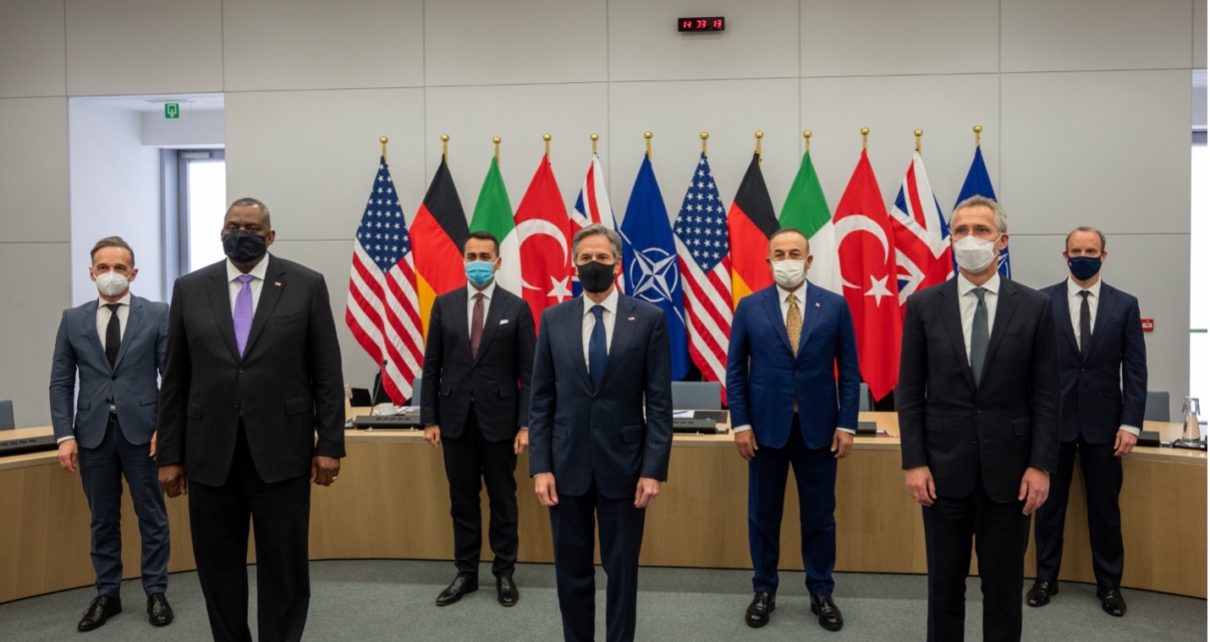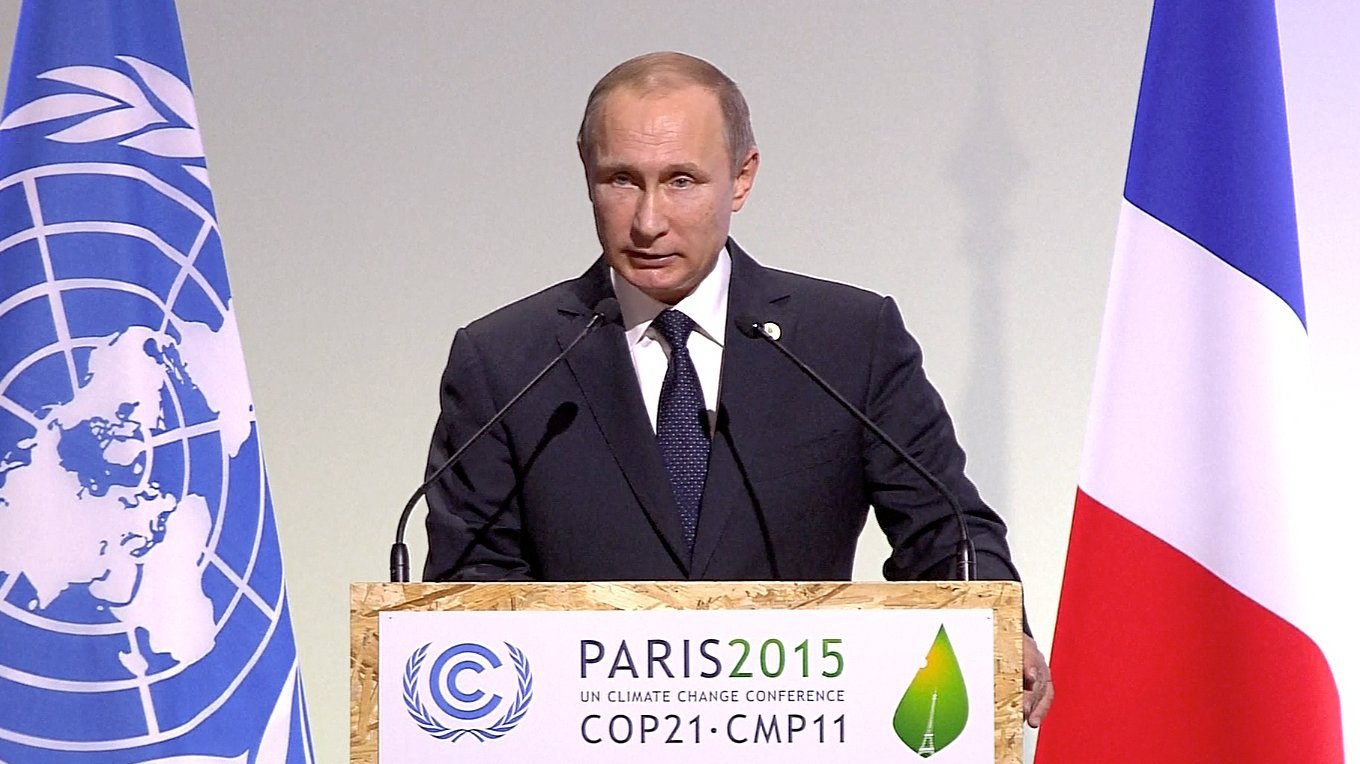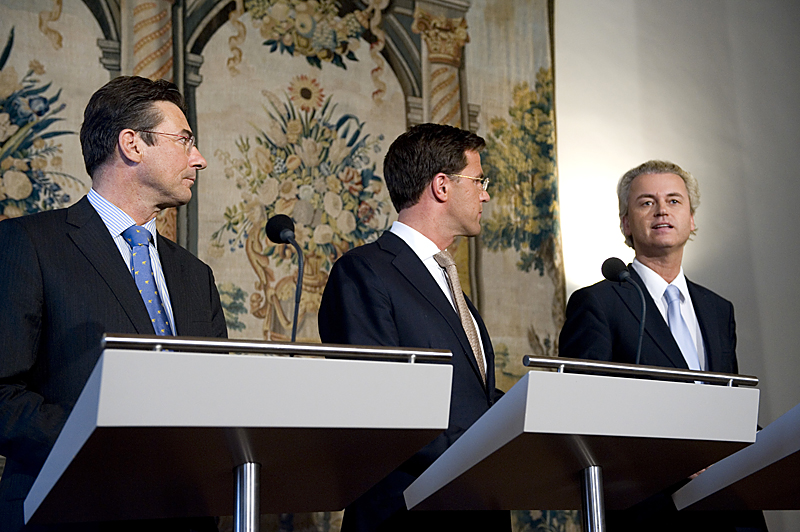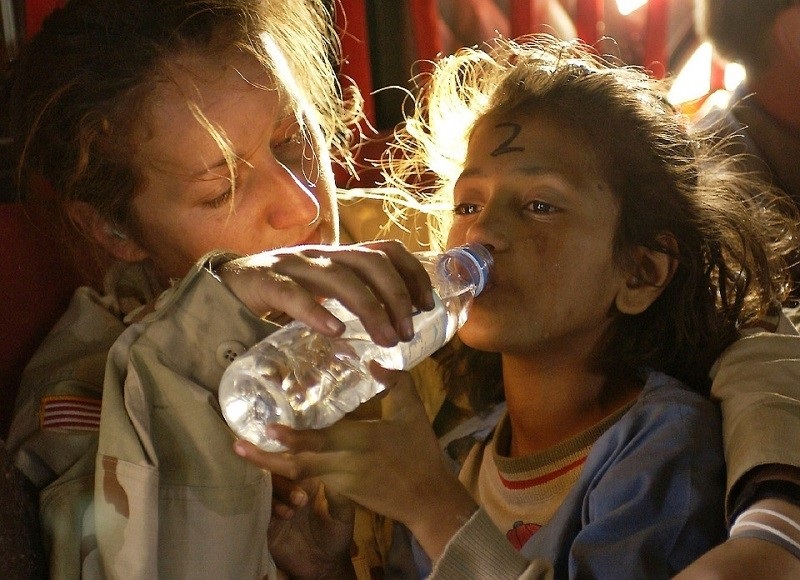The final departure of American troops from Afghanistan is set for September. This plan of withdrawal dates from the Trump Administration, which signed the bilateral Doha Agreement with the Taliban. It authorized the withdrawal of US and NATO forces if the Taliban agreed to prevent other terrorist groups from using Afghan soil. Although the Taliban has not upheld the agreement’s terms, the Biden Administration’s desire to avoid any additional financial, diplomatic, and military costs likely persuaded it to follow the withdrawal plans, albeit with an extended deadline. In recent months, many mainstream media outlets have raised concerns that the withdrawal of US-led NATO forces poses a significant threat to Afghanistan’s political stability, one that could permit the network of terrorist groups in the region to re-emerge. The media coverage of the withdrawal has remained relatively skeptical of the Afghan National Security Forces and President Ashraf Ghani’s ability to foster peace. Even the previous commander of NATO forces in Afghanistan, Gen. Austin Miller, has warned that “civil war is certainly a path that can be visualized.”
The NATO-led Resolute Support Mission (RSM) in Afghanistan was a multilateral initiative established in 2015 to provide training and intelligence to Afghan security forces. Despite the ongoing debates over the Taliban’s potential return to power, it is imperative to analyze the sundry public perceptions of the US and NATO presence in Afghanistan to determine the local and foreign resolve in ensuring the stability of the country. According to the German Marshall Fund’s 2020 Transatlantic Trends report, 32% of those surveyed in France wished to decrease involvement in Afghanistan, while around 21% in Germany supported the suggestion. Among those polled in the US, 29% preferred decreased engagement, while 33% wanted the government to maintain its forces. In a late-2020 survey by the National Opinion Research Center (NORC), 34% of Americans favoured the troop withdrawals from Afghanistan, while 25% opposed the proposal. The lack of clear majorities in these polls suggests ambivalence to the Allies’ consolidated Afghanistan policy.
Still, more recent data suggests that people from the US and Allied countries are abandoning support for direct conflict against the Taliban. The 2021 Economist/YouGov poll reported that 58% of Americans approve of the withdrawal policy. In another survey, conducted at the same time by the Charles Koch Institute, about two-thirds of those questioned expressed support for leaving Afghanistan. Similar sentiments have been detected in other NATO societies in the past. For example, in a 2012 poll, 71% of British voters pressed for the withdrawal of UK forces from Afghanistan. Now, almost all British troops have left the country, effectively ending London’s participation in the conflict after two decades.
However, Secretary-General Stoltenberg has assured Kabul that the alliance “will continue to stand with the Afghan people.” The departure of troops does not indicate the end of NATO’s presence and support for Afghanistan. Individual member states have expressed their commitment to economic and diplomatic assistance. NATO has pledged continued financial and training support to the Afghan National Security Forces and the retention of a diplomatic presence in Kabul through the Senior Civilian Representative’s Office. In addition, NATO has alluded to the prospect of out-of-country training for the Afghan Special Operations Forces, and the alliance’s over-the-horizon capabilities can still provide military support when needed. Thus, NATO can help preserve the Afghan government and conduct punitive raids to ensure the continuation of the coalition’s counter-terrorism efforts. Therefore, the goal of reaching a lasting peace and ensuring that no terrorist organization once again poses a global threat from within Afghanistan remains an essential agenda item for the US and its allies.
Perhaps the most critical perspective on the Allies’ enduring but altered involvement in Kabul’s conflict against the Taliban is that of the Afghan public itself. A 2020 survey by the Institute of War and Peace Studies claimed that 46% of Afghans wanted US and NATO troops to leave once a deal had been reached, with 80% favouring a political resolution with the Taliban. A more recent survey reported by the Asia Foundation highlighted that around 74% of Afghans are confident in their National Army’s ability to protect them without foreign technical assistance. However, President Ghani is concerned that peace has not been socialized to the Taliban’s rank and file. The reduced presence of US and NATO forces has emboldened the Taliban to consolidate control over roughly one-third of the nation’s districts. Similarly, those like National Security Advisor, Hamdullah Mohib, identified that it is not the number of US troops but rather the capabilities they provide that allow the Afghan army to overcome the insurgents. Historically, the Afghan people have supported NATO’s help against the Taliban, as a 2009 ABC/BBC/ARD poll determined that 59% of Afghans supported the alliance’s presence. The relative singularity of attitude between dated and current surveys gauging Afghan and Western perceptions of NATO’s track record in the country is favorable. As such, NATO can expect continued support to Kabul to be well-received by both Afghans and Allied constituencies, especially given the recent urgency caused by the Taliban’s bolstered military incursions across the country.
While Afghans must ultimately decide their future, their leaders favour continued support from the RSM. As NATO members transition to an arm’s-length military posture, they must prove the effectiveness of this tactical change to curtail the rapid return of the Taliban and assuage those doubtful of the alliance’s capabilities. The prospect of regional security in Afghanistan will rely on the combination and cooperation of the Ghani Administration’s capacity to maintain regional control, and continued support from the US and its allies.
Photo: Meeting of the Resolute Support Mission in April 2021 via Flickr (NATO) Licensed CC BY-NC-ND 2.0




